A WRITER'S WIT |
My Book World
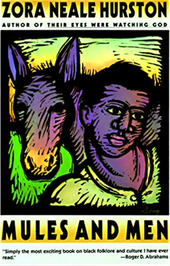
Part I consists of African-American folk tales that Hurston collects in the late 1920s and early 1930s in Florida. She begins in her hometown of Eatonville, primarily African-American. Amazing it is the number of times the word “mule” does appear in these tales, as if the beast is a metaphor for the “beasts” that white people take black men and women to be: though compliant, also stubborn, and intelligent. On the face of it, the tales might reflect a certain ignorance, but I think they simply reflect that slaves had to develop their own language because the whites refused to educate them in their own (if they themselves were versed well enough in English to do so).
Part II is about hoodoo (or voodoo), and Hurston heads for what she calls its capital, New Orleans, Louisiana. These passages are fascinating, as well. All throughout Hurston includes herself as a character. In order to retrieve the information she wants, she must become one of hoodoo’s adherents and spends much time and effort seeking to know its ways. She recreates for readers exact formulae for getting rid of one’s husband, for getting him back if she changes her mind, for many ways of dealing with one’s neighbors. Hurston never judges but fully participates, absorbing its, at times, headiness, as when she dizzies herself from dancing for forty straight minutes as part of a ceremony.
In his afterword Henry Louis Gates (PBS’s Finding Your Roots) identifies Hurston’s proper historical place in American literature. After having achieved a higher education and published seven important books, she is virtually ignored or denounced by leading black male literary figures during the time she should be receiving accolades (among them Richard Wright). This happens, in part, because she identifies herself in a more "conservative," Clarence Thomas-like stance, in which she refuses to be defined by white people. It takes Alice Walker’s landmark 1975 article in Ms. to resurrect Hurston and bring her to the fore of American literary studies. As happens to many whose ideas are published ahead of their time, Hurston’s work languishes for decades amid a poverty of thought. If only she had not been shunned, she might not have died amid a more corporeal sort of poverty at age sixty-nine.
NEXT FRIDAY: My Book World | The Letters of Cole Porter


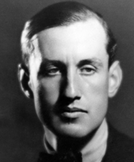
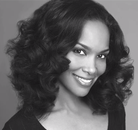



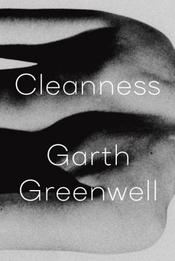

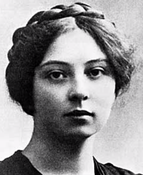
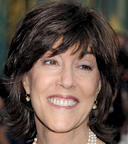


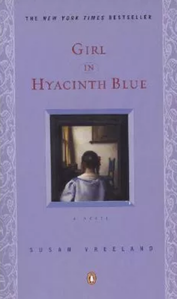

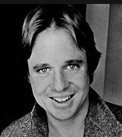



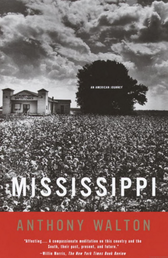
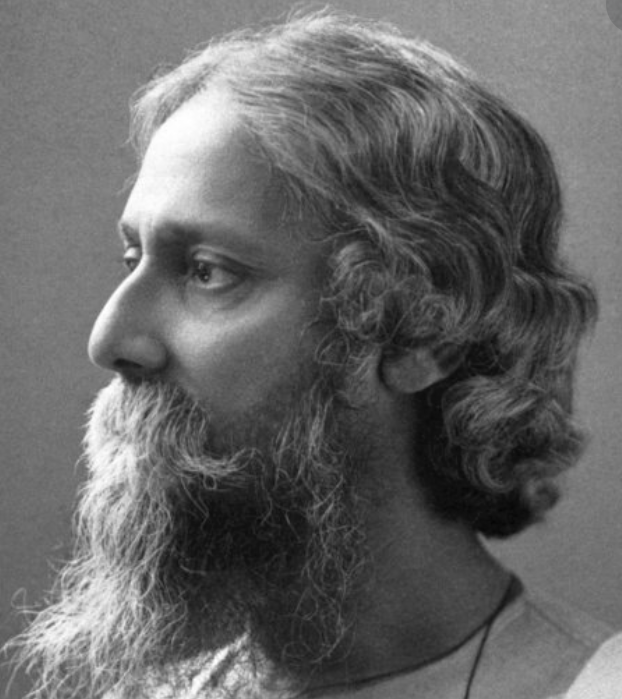

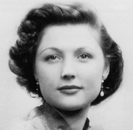

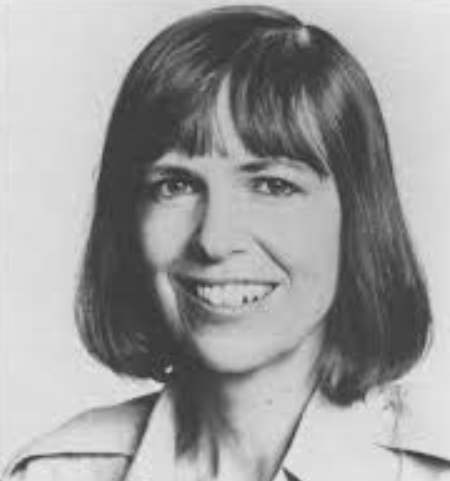
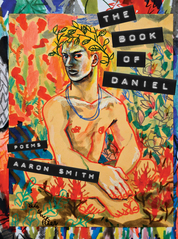

 RSS Feed
RSS Feed